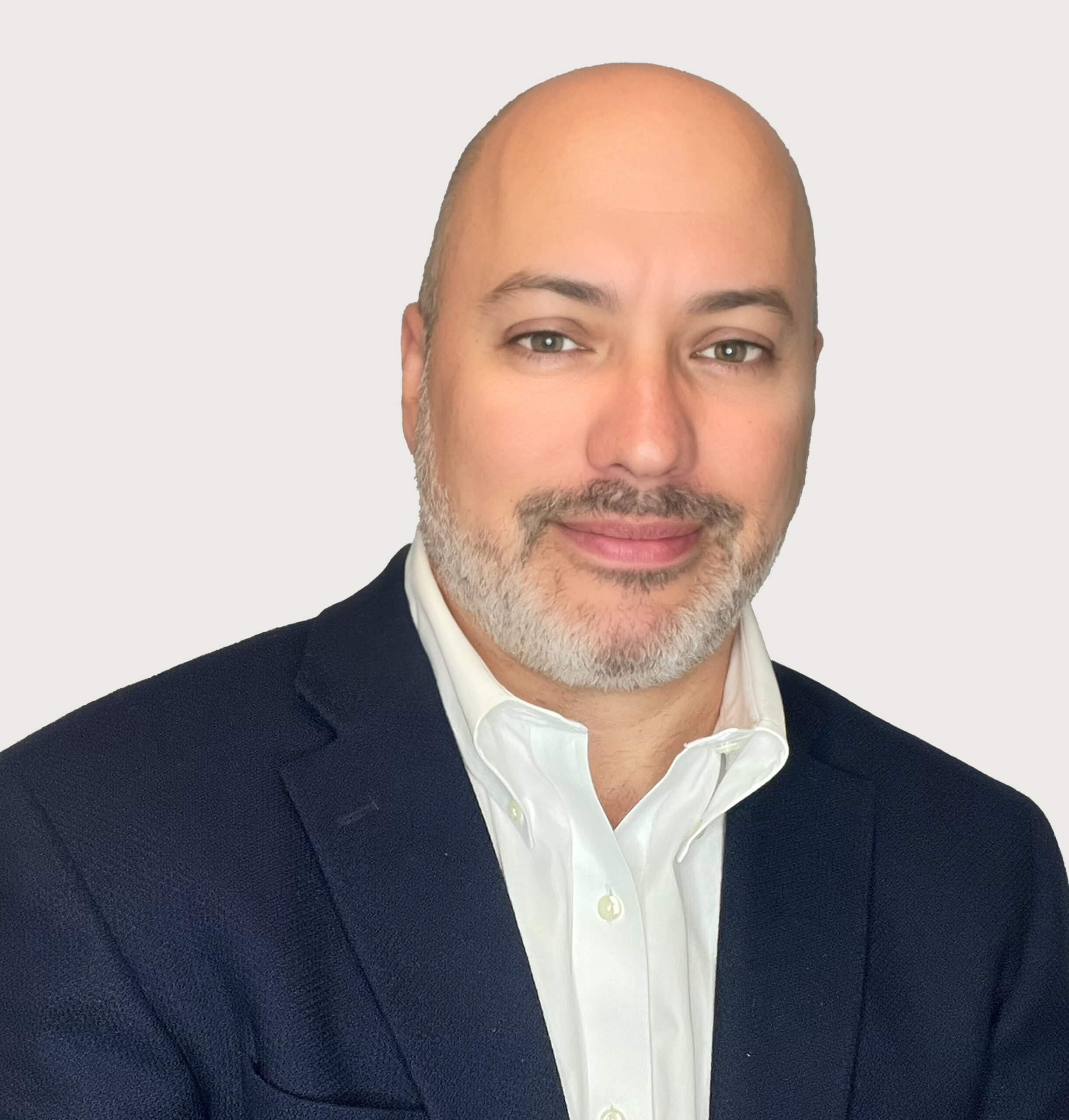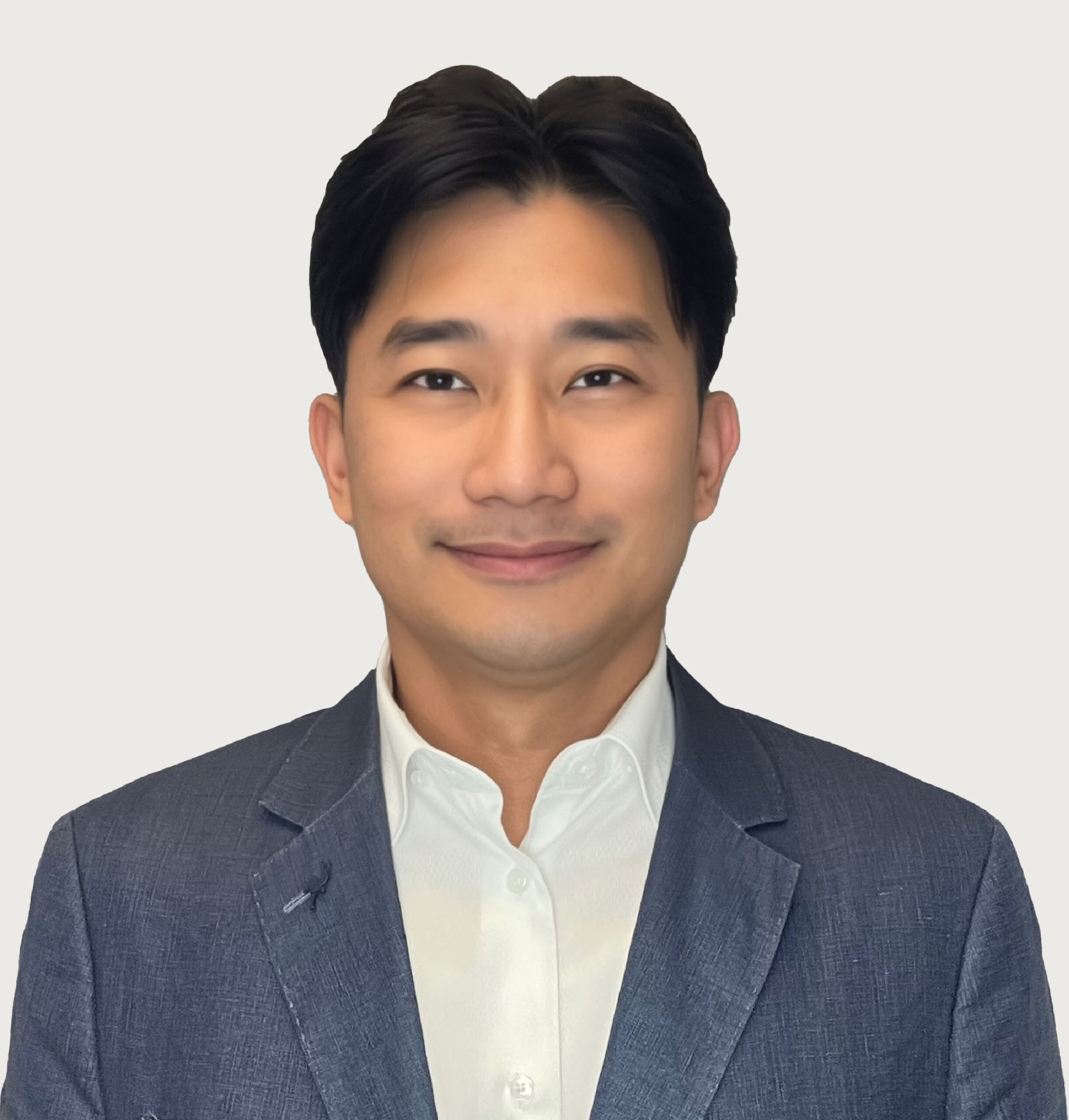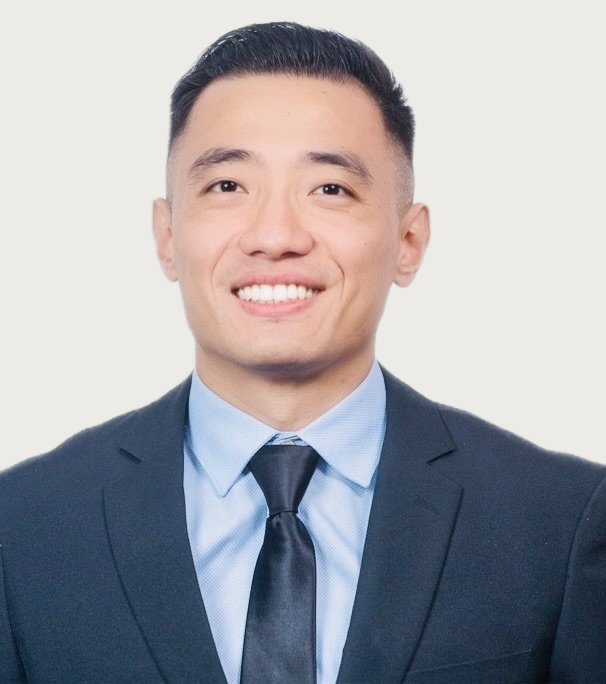
About Us
Oncocyte is a precision diagnostics company with a mission to improve patient outcomes by providing personalized insights that inform critical decisions throughout the patient care journey.

Leadership

Josh Riggs
President & Chief Executive Officer
Josh joined Oncocyte Corporation in August 2020 and was appointed Interim Chief Executive Officer in December 2022, after serving as Senior Director Business Development and General Manager, Transplant.

Prof. Dr. Ekkehard Schütz, MD, PhD, FAACC
Chief Science Officer
Ekkehard (Ekke) joined Oncocyte in April 2021 through the acquisition of Chronix Biomedical. Ekke serves as the managing director of Chronix Biomedical GmbH, wholly owned by Oncocyte and CMO for Europe. As an adjunct professor, he teaches molecular genetics and diagnostics at the Georg-August-University.

Yuh-Min (Johnson) Chiang, PhD
Chief Technology Officer
Johnson joined Oncocyte Corporate in September 2021. Prior to joining Oncocyte, Johnson holds the Chief Technology Officer in Alveo Technologies, an IVD company focusing on development of cutting edge molecular diagnostic tests for Over The Counter (OTC) and Point-Of-Care (POC) applications. Johnson led the teams to develop the COVID-19 be.well Test for a successful US clinical trial and obtained the CE mark and UK approval.

Sandra O’Donald
Senior Vice President, Business Operations
Sandra joined Oncocyte Corporation in December 2019 and was appointed SVP, Business Operations, after serving as VP, Operations & PMO, and Director of PMO.
She brings over 20 years of experience by combining a business management background with strategy, operations, P&L, commercialization, and integration experience.

Ryan Andrews
Vice President, Commercial
Ryan joined Oncocyte Corporation in August 2019 and was appointed VP, Commercial after serving as Sr. Director, Marketing and Director of Marketing. Prior to joining Oncocyte, Ryan was principal at Bethesda Group, LLC, a boutique consulting group focused on helping small and mid-stage diagnostic companies and investment groups move emerging diagnostic content and platforms to market.

Peter Hong
Vice President, General Counsel
Peter joined Oncocyte in August 2021 as Vice President, General Counsel. Prior to joining Oncocyte, Peter was an associate at Stradling Yocca Carlson & Rauth, P.C. where he represented public and private companies in capital markets, M&A and corporate governance matters. Before joining Stradling, Peter was an associate at the New York office of Covington & Burling LLP where he represented underwriters in the initial public offerings and follow-on offerings of biotechnology companies.

James Liu
Senior Director, Controller & Principal Accounting Officer
James joined Oncocyte Corporation in July 2021 and was appointed Senior Director, Controller & Principal Accounting Officer in August 2023 after previously serving as the Company’s Manager of Securities and Exchange Commission Reporting & Compliance from July 2021 to July 2022, as interim Controller from July 2022 to September 2022, and as Controller & Principal Accounting Officer from July 2022 to August 2023. Additionally, James was appointed to the additional role of interim Principal Financial Officer in August 2023.

